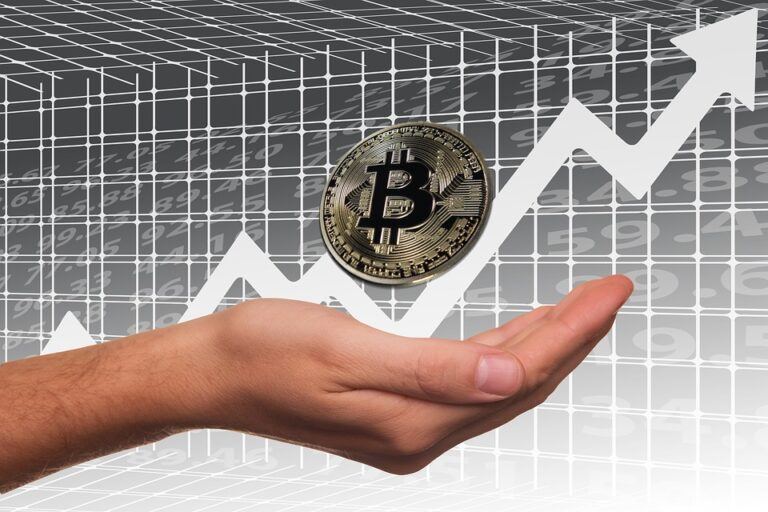Crypto analyst Tim Enneking has stated that correlation between crypto markets and stock markets on a sustained, long-term basis would substantially reduce the desirability of crypto to investors. Speaking to Forbes recently, the Digital Capital Management Managing Director noted that historically, fiat and crypto have had a distinct lack of correlation, which has traditionally been one of the strongest selling points of cryptocurrency as an investment.
According to Forbes, despite the presence of short term correlations, a broader view of crypto and stock markets reveals that any correlation between the two is very weak, if at all it exists. Data compiled by Blockforce Capital on the S&P 500 Index covering the period from January 2015 to October 15, 2018 shows weak and variable correlation ranging from below -0.1 to just above 0.2, which indicates neither a strong positive nor a strong negative correlation.
Speaking about the data Blockforce CEO Eric Ervin said:
Historically, the correlation between the S&P 500 and Bitcoin has been insignificant. Although correlation values between the two asset classes has ticked up this year versus historical averages, with the current correlation hovering around .11, we believe this to be an insignificant value and don’t believe the two markets to be related.
According to Ervin, it is also key to realise that a lack of correlation between the S&P500 and bitcoin is not the same thing as a negative correlation between the two, but rather simply means that the two indexes do not directly interact with each other.
Changing Times
Tim Enneking however believes that as more institutional investors and traditional stock market players enter the crypto space, this situation could change. In his opinion, when market participants who have expeience with traditional assets like stocks and bonds become more active in the bitcoin market, a stronger correlation between bitcoin and stock markets may be formed.
This in his opinion, is not necessarily a good thing for bitcoin, because it deprives it of the independence that has traditionally given it an advantage over fiat investment classes. In his words:
“If correlation were to increase on a sustained basis, it would make crypto a far less attractive investment.”









